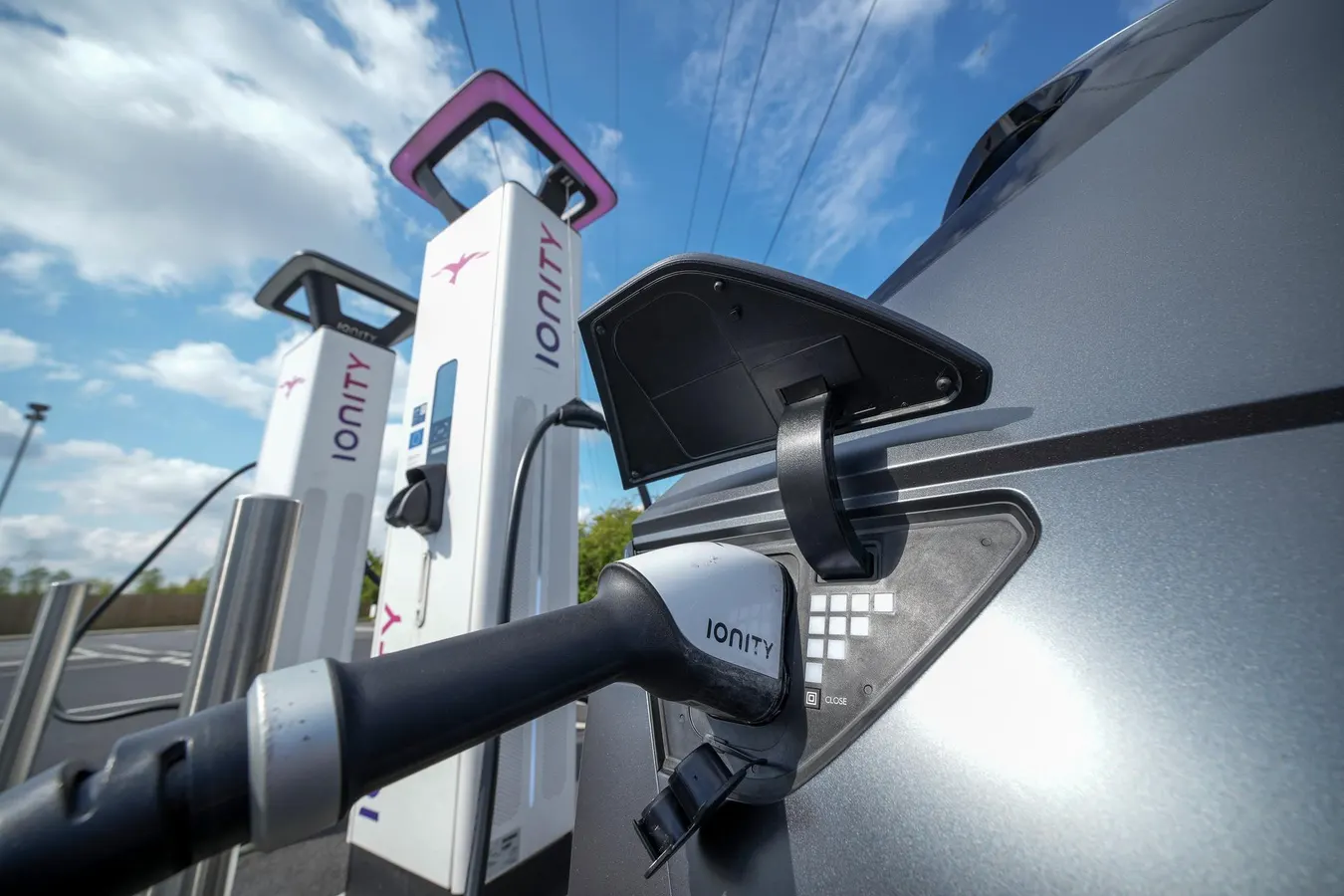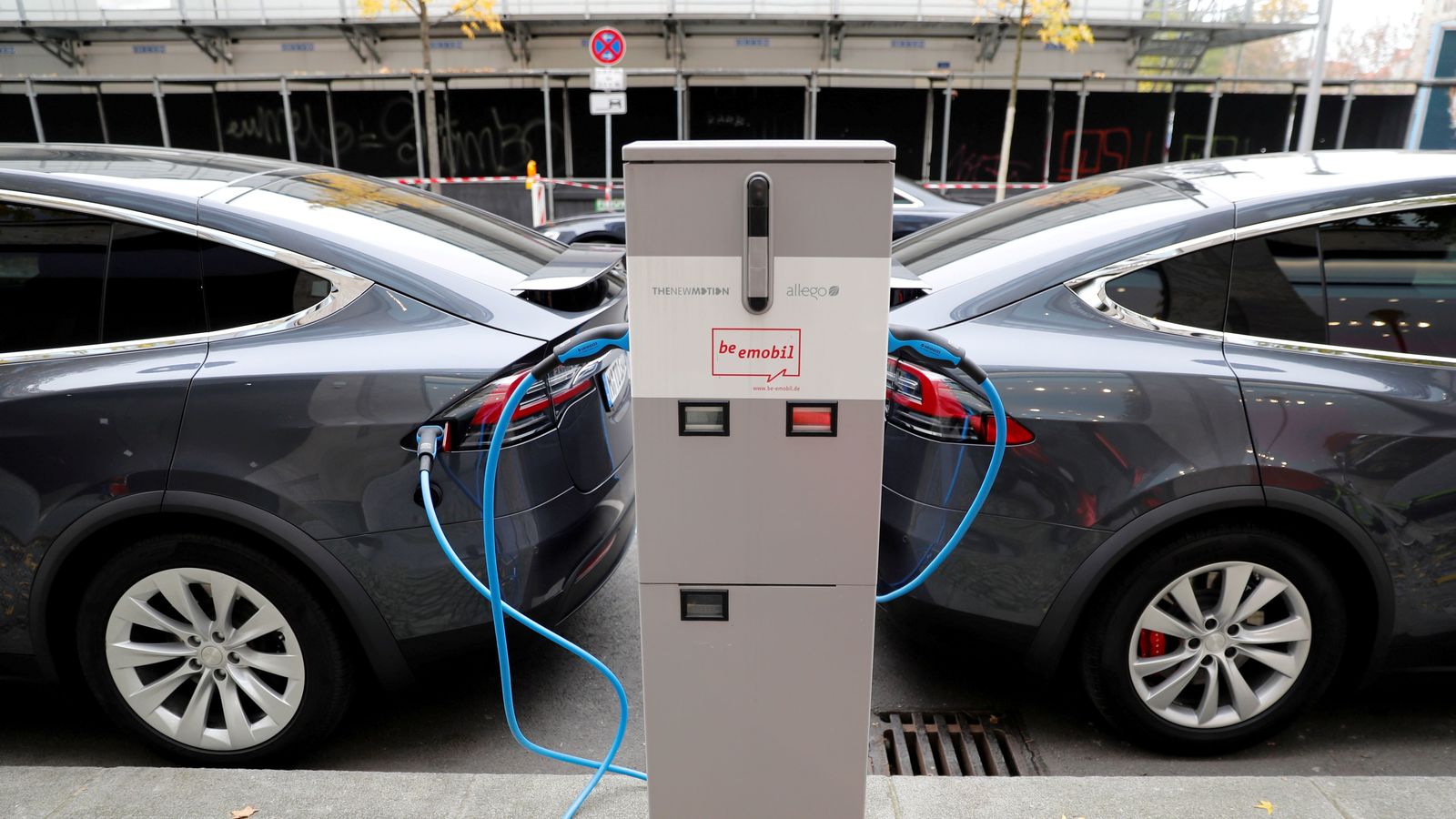As the adoption of electric vehicles gradually gains momentum, more individuals are transitioning to battery-powered cars, contributing to their increasing presence on streets and highways.
Despite this progress, recent data from January reveals a 15 percent uptick in electric vehicle sales in the U.S., falling short of President Joe Biden’s ambitious emissions targets.
According to a new report from Bloomberg, to meet Biden’s proposed objectives, electric vehicles must surpass two-thirds of all cars on American roads by 2032. Presently, electric cars constitute less than 10 percent of vehicles in the country. Bloomberg elaborates:
“The measure, which sets limits on smog-forming pollution, soot, and carbon dioxide emissions, is seen as one of the most consequential climate regulations being imposed by President Joe Biden. It’s also key to helping the US fulfill its Paris Agreement commitment to at least halve the country’s greenhouse gas emissions by 2030. The transportation sector is the biggest source of planet-warming pollution in the US today.”
“‘Cars and light trucks on their own are roughly 20% of the carbon footprint,’ said Manish Bapna, head of the Natural Resources Defense Action Fund. Cutting that is ‘essential to real, concrete progress.’”

However, implementing such regulations presents a nuanced challenge for Biden, who aims to secure support from voters in Michigan, including autoworkers who may express concerns regarding an overly swift transition to electric vehicles.
The measures, slated for finalization this week, seek to reduce carbon dioxide emissions by 1.5 billion metric tons between 2026 and 2040. To achieve this, the Environmental Protection Agency proposes year-over-year emission reductions, as outlined by Bloomberg.
Also read: Hertz CEO Steps Down Amid Fallout From Failed Electric Car Venture

